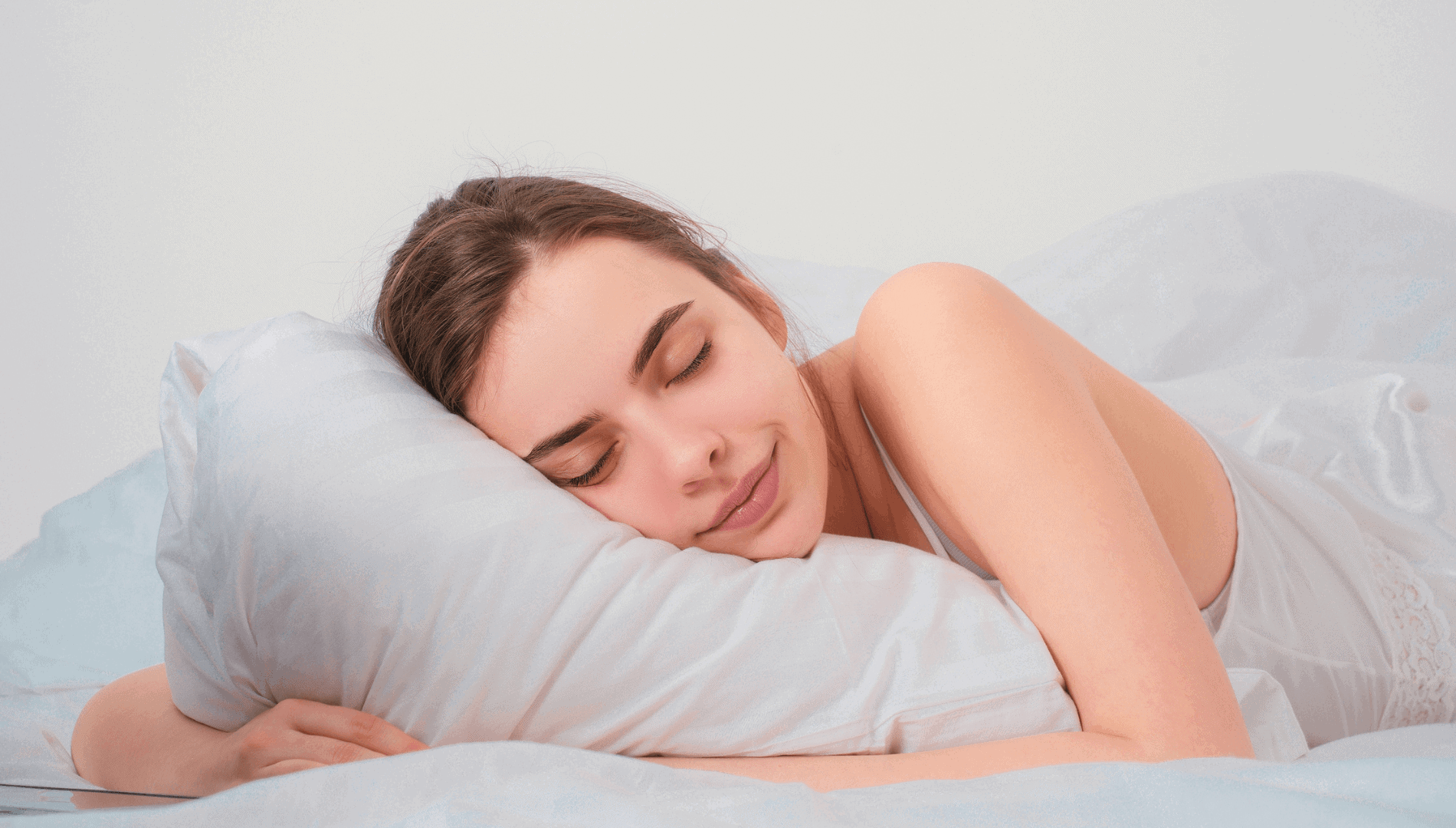
- How to Make Your Hearing Aids Fit Perfectly - March 27, 2025
- Choosing High-Performance Batteries for Hearing Aids - March 16, 2025
- Celebrate World Hearing Day with a Hearing Evaluation - March 3, 2025
If you have hearing loss and want to improve your quality of life, hearing aid is a good way to go. While much is known about their benefits during the day, the effect they have on sleep is less frequently discussed. Sleep is important for your overall health, and understanding how hearing aids influence your rest can help you make informed decisions about your hearing care.
How Hearing Aids Affect Sleep Patterns
During the day, hearing aids keep your brain actively engaged with environmental sounds, which is important for mental well-being. However, when you remove your hearing aids at night, the sudden absence of sound may feel isolating. Many people with hearing loss report that this change can make it difficult to fall asleep, especially if they’ve become accustomed to the sounds of their surroundings throughout the day.
Others may find the quiet environment calming, making it easier to drift off. The key is striking a balance between auditory stimulation during the day and relaxation at night. Finding what works best for you can improve both your hearing health and sleep quality.
Tinnitus and Sleep Disturbances
Tinnitus, a ringing or buzzing in the ears, is a common issue among people with hearing loss and can become particularly troublesome at night. When hearing aids are removed, and the environment is quiet, the ringing may seem louder and more disruptive, interfering with sleep. Some people experience an increase in tinnitus after a day of wearing hearing aids, while others find relief from it due to the amplification of external sounds throughout the day.
If tinnitus is affecting your sleep, consider discussing it with your hearing health professional at your next hearing health exam. They can recommend strategies like sound therapy or specific hearing aids designed to help manage tinnitus and improve your nighttime experience.
Should You Wear Hearing Aids While Sleeping?
A common question among hearing aid users is whether they should wear their devices while they sleep. Hearing health professionals generally recommend against this. Hearing aids are not designed for continuous use and wearing them overnight can lead to discomfort, skin irritation, or even damage to your devices. Your ears also need time to rest and breathe.
Establishing a Sleep-Friendly Routine with Hearing Loss
Good sleep hygiene is especially important for people with hearing loss. A structured bedtime routine helps signal to your brain that it’s time to wind down, improving both your sleep and overall well-being. Simple habits like reducing screen time before bed, lowering the lights, or engaging in calming activities like reading can make a big difference.
If you have trouble sleeping after removing your hearing aids, mention this during your hearing health exam. Your hearing health professional can help adjust your routine to support hearing and sleep patterns.
Addressing Safety Concerns While You Sleep
Many individuals with significant hearing loss worry about safety when they’re not wearing their hearing aids, especially at night. The inability to hear alarms, phones, or other important sounds can lead to anxiety about potential emergencies. Fortunately, there are devices specifically designed to address this concern, such as vibrating alarm clocks and bed shakers, as well as visual alert systems that can connect to smoke detectors and doorbells.
Incorporating these devices into your nighttime routine can give you peace of mind, knowing that you’ll be alerted if something happens. Bringing up safety concerns during your hearing health exam can help you find the best solutions for both your sleep and safety.
Regular Hearing Health Exams for Improved Sleep
As your hearing changes over time, your devices may need adjustments to better meet your needs. Poorly fitted or malfunctioning hearing aids can lead to discomfort or difficulty sleeping, as your ears struggle to adjust to the changes.
Regular check-ups with your hearing health professional will not only improve your daytime hearing experience but can also help ensure that your sleep is undisturbed by any issues with your hearing aids. A proactive approach to hearing health will have a positive impact on both your hearing and sleep quality. Contact us today for more information or to schedule a hearing health exam.
